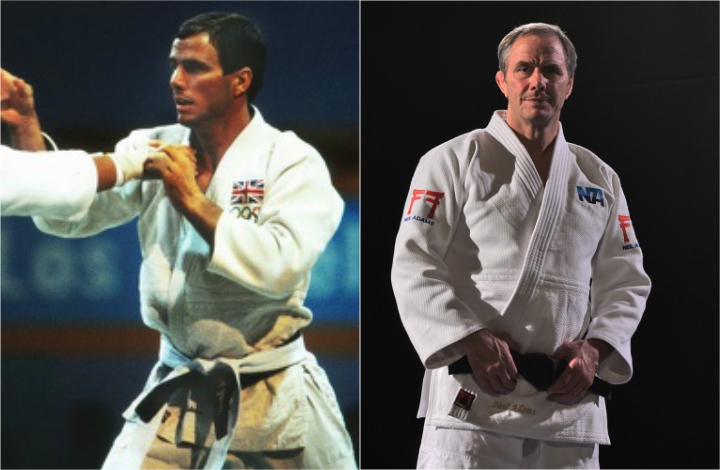In an engaging discussion on Lex Fridman’s podcast, Neil Adams, a judo world champion and an authoritative voice in the sport, articulates why he believes Teddy Riner stands as the greatest judo competitor of all time. Adams’ insights shed light on the qualities that distinguish Riner not only as a formidable judoka but as a transcendent figure in the sport.
Unmatched Record and Dominance
Adams begins by highlighting Riner’s unparalleled achievements in judo:
“He is the ultimate winner, a 10-time world champ, two-time gold medalist in the Olympics,” states Adams, underscoring Riner’s dominance over more than a decade.
This record, according to Adams, is testament to Riner’s exceptional skill, strategic acumen, and relentless pursuit of excellence.
Technical Mastery and Adaptability
Discussing Riner’s technique, Adams praises his ability to adapt his strategy based on his opponent, which is crucial in high-level judo. “He lays it on the line every single time and not only does he lay it on the line, but he beats them all,” Adams remarks, emphasizing Riner’s consistency in performance against the toughest competitors globally. Riner’s judo style, characterized by a dominant grip and strategic use of his size and strength, sets him apart from his peers.

Sportsmanship and Influence
Adams also touches on Riner’s character and his role as a role model within the sport. Despite his intimidating presence on the mat, Riner is known for his graciousness and humility off it. “Teddy Riner is the greatest winner of all time competition-wise… if you asked the great Yasuhiro Yamashita, he would say the same,” Adams notes, comparing Riner with another judo legend, highlighting the respect Riner commands even among other judo greats.
Psychological Resilience
Riner’s mental strength is a key component of his success. Adams points out that even when new challengers rise, Riner’s ability to remain psychologically resilient and focused under pressure is unparalleled. This mental toughness, coupled with his physical capabilities, makes him nearly unbeatable on the judo mat.
Neil Adams’ commentary on Teddy Riner not only praises his achievements but also provides a deeper understanding of what makes a judoka truly great. Riner’s blend of skill, strategic intelligence, and exemplary conduct, both as a competitor and as a person, exemplifies the highest ideals of judo. According to Adams, these qualities do not merely contribute to Riner’s success—they define it, establishing him as the greatest judo competitor of all time. Adams’ analysis is a compelling tribute to Riner’s enduring legacy in the world of judo.


















